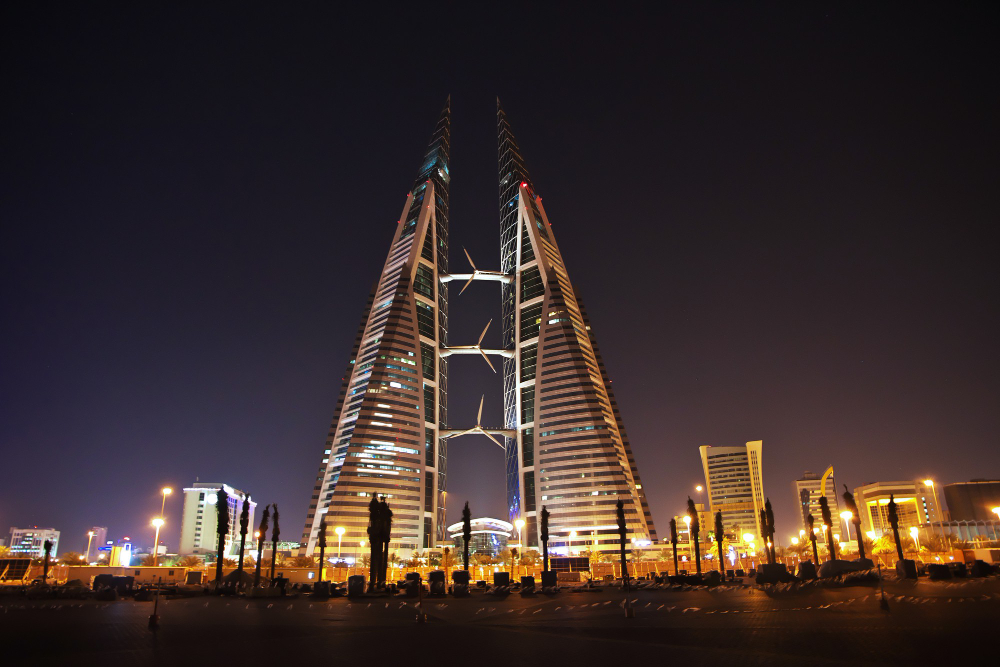
Bahrain is steadily emerging as a rising star in the global medical tourism landscape. This island nation in the Arabian Gulf offers a strategic location, modern infrastructure, and a forward-thinking healthcare system, drawing patients from neighboring GCC countries, South Asia, and Africa. With a focus on high-quality private healthcare, low waiting times, and a culturally familiar environment for Arab and Muslim patients, Bahrain has positioned itself as a welcoming and effective medical tourism hub. Cities like Manama and Riffa house state-of-the-art hospitals and specialty clinics that blend international standards with warm, personalized service.
Bahrain’s medical sector has seen significant investment in recent years, driven by national healthcare initiatives and international collaborations. The country’s relatively compact size allows for streamlined coordination between clinics, diagnostics, and aftercare services, making the medical travel experience smooth and efficient. Its emphasis on digital health, smart hospitals, and patient-first practices ensures Bahrain is not just catching up—but setting regional benchmarks in some specialties.
Bahrain has built a reputation for delivering excellence in several high-demand areas of medicine. Cosmetic and reconstructive surgery, dermatology, and dental procedures are among the most sought-after services by medical travelers. Bahrain is also known for advanced fertility treatments such as IVF and ICSI, as well as chronic disease management including endocrinology, cardiology, and internal medicine.
Orthopedic treatments, minimally invasive surgeries, and bariatric procedures are growing rapidly, supported by highly trained specialists and modern operating theaters. Many hospitals offer all-inclusive packages that combine consultation, treatment, hospital stay, and post-op care, delivering clear value for money—especially when compared to private healthcare in the West or even neighboring Gulf states.
What differentiates Bahrain is its blend of clinical quality with cultural understanding. Most doctors and healthcare staff are bilingual, with many trained in Europe or North America. Patients from the GCC feel at home thanks to shared cultural values, religious accommodations, and an overall environment of respect and discretion.
Bahrain is easily accessible via the Bahrain International Airport, which serves as a key gateway for the Gulf and beyond. Visitors from many countries—including those in the GCC, UK, and parts of Asia—can obtain visas upon arrival or via a simple e-visa system. The country’s small size means most hospitals are just 15–30 minutes from the airport, adding to the convenience for medical tourists.
English is widely spoken in private hospitals and clinics, with interpreters available for other languages as well. Bahrain’s medical facilities are attentive to religious needs, offering halal meals, prayer rooms, female-only staff for gender-sensitive services, and quiet environments for rest and recovery.
The kingdom’s hospitality sector is well-integrated into its healthcare offerings. Many hospitals collaborate with nearby hotels and wellness resorts, offering patients and their families package deals for comfortable stays during recovery. Bahrain’s cultural sites, seaside views, and serene atmosphere make it an ideal destination for rest and recuperation.
Bahrain’s healthcare system is regulated by the National Health Regulatory Authority (NHRA), which enforces licensing, quality control, and patient safety across all medical institutions. Many hospitals follow international best practices, and a growing number are pursuing accreditation from global organizations to validate their service standards.
Medical facilities are required to meet strict hygiene protocols, and patients have access to full documentation of procedures, pricing, and informed consent. Bahrain also supports medical dispute resolution through the NHRA, giving patients a structured pathway in the rare event of unsatisfactory outcomes.
Follow-up care is emphasized in the Bahraini system. Patients benefit from streamlined discharge planning, prescription delivery services, and remote consultations post-treatment. For patients undergoing long-term or complex care, rehabilitation programs and physiotherapy services are widely available within hospital campuses or affiliated clinics.
With its modern medical infrastructure, cultural sensitivity, and patient-centered care, Bahrain is emerging as a reliable and welcoming destination for medical tourism. Its strengths lie not only in advanced treatment options but in its ability to make patients feel respected, safe, and cared for throughout their journey. Whether seeking aesthetic enhancements, fertility help, or chronic disease management, Bahrain offers a healthcare experience rooted in quality and comfort—with the warmth of Arab hospitality at its core.
1. Why choose Bahrain for medical tourism?
Bahrain offers high-quality care, short wait times, and culturally sensitive services.
2. What treatments are popular in Bahrain?
Cosmetic surgery, dental care, IVF, dermatology, and chronic disease management are common.
3. Are doctors in Bahrain internationally trained?
Yes, many doctors are trained in Europe or North America and speak English.
4. Is English spoken in hospitals?
Yes, English is widely spoken in private hospitals and clinics.
5. Do hospitals offer packages for international patients?
Yes, many offer packages that include treatment, stay, and follow-up care.
6. Is Bahrain easy to travel to for treatment?
Yes, Bahrain International Airport connects to many countries and offers easy visa access.
7. Are religious and cultural needs respected?
Yes, hospitals provide halal meals, prayer rooms, and female caregivers on request.
8. How safe is medical care in Bahrain?
Very safe. The NHRA regulates and monitors all healthcare services.
9. What about follow-up care after treatment?
Hospitals offer remote consultations, rehabilitation, and prescription support.
10. How does Bahrain compare to other Gulf countries for care?
It offers competitive quality, shorter wait times, and strong cultural alignment.